Navigating Life-Changing Emergencies: A Guide to Facing an Emergency
In the face of life-changing emergencies, preparation and a calm, collected mindset are your greatest allies. Whether it’s a natural disaster, a health crisis, or a sudden financial setback, having a plan in place can make all the difference. First Aid Kit or Smaller First Aid Kit
If you consider yourself a prepper already, or just someone concerned about how to be prepared when disaster strikes, emergency preparedness ideas and a current review of your family emergency plan are critical. Whether it’s a communications plan, putting together an emergency supply kit, an evacuation plan, or other steps, in case of a sudden emergency you need to have your act together, the sooner the better!
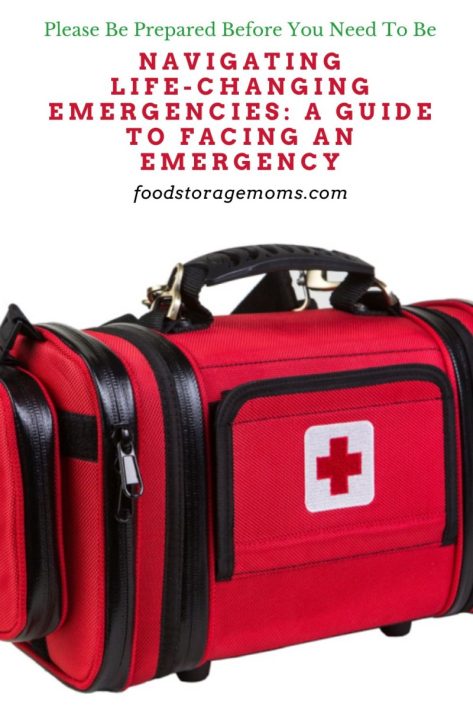
Navigating Life-Changing Emergencies: A Guide to Facing an Emergency
1. Establish Clear Communication Channels
In times of crisis, family communications are key. Ensure that you have reliable channels to stay informed and connected with loved ones as part of your family communications plan, whether they are at your children’s school, at work, or at play. Create a contact list, including emergency contact information, and establish a designated meeting point in case of evacuation. Communication Options for Your Family During a Disaster
You also need to stay in touch with the outside world so you know what’s going on. Having a NOAA weather radio makes a real difference in staying informed. Make sure you have extra batteries, but also consider getting a hand crank radio in case the power is out for an extended period.
Be aware of the meaning of warning signals from government agencies like sirens, weather alerts from the National Weather Service, or directives from gov websites.
2. Develop an Emergency Kit
Assemble a well-thought-out emergency kit that includes essential supplies such as non-perishable food, water, first aid items, medications, and important documents. Update this kit regularly to account for changing needs and circumstances. What Are 20 Basic Items in an Emergency Kit?
We don’t always know what types of disasters might come our way, but we do know that over-the-counter medicine or daily prescriptions will still be necessary.
3. Emergency Escape Plan
Prepare an evacuation plan for your home and workplace in case of evacuation emergencies. Identify escape routes, designate meeting spots, and practice evacuation drills with family members or colleagues to ensure everyone is familiar with the procedures. Easy To Make Bug Out Lanyard
I’ve always told my readers to have a vehicle emergency kit too. It will include many of the items you have in your home emergency kit, but with smaller quantities due to space limitations. Be sure to take your wallet and/or purse when you leave your home.
4. Financial Preparedness
Have a financial safety net in place to weather unexpected storms. Build an emergency fund, review insurance coverage, and consider creating a budget that allows for flexibility in times of crisis. Depression vs Recession: Are You Prepared?
Also, have some cash available in a safe place. If the power is out, ATMs, point of sale terminals, and other electronic devices won’t be working.
5. Health and Wellness
Prioritize your physical and mental well-being by maintaining a healthy lifestyle. Regular exercise, a balanced diet, and stress-reduction techniques contribute to overall resilience during challenging times. 20 Reasons to Prioritize Deworming for Your Health
If you do need bug out and leave home, you’ll want to have important medical information available along with other important documents.
6. Stay Informed
Stay informed about potential risks in your area. Monitor weather updates, health advisories, and other relevant information. Awareness is the first step toward preparedness. 20 Healthy Habits for Emergency Preppers
7. Network and Community Support
Build a support network within your neighborhood and broader community. Engage with neighbors, local organizations, and community resources. A strong community can provide invaluable assistance during emergencies. How To Join A Community Emergency Response Team
Be willing to teach others about your disaster plans so they can get up speed for their family. Inform others about the additional resources that may be available like the American Red Cross, Federal Emergency Management Agency (FEMA), the CDC, and others. But also stress that those groups can support everyone and that we need to plan for our own survival with critical emergency supplies.
8. Learn Basic First Aid
Equip yourself with basic first aid skills. Knowing how to administer CPR, treat minor injuries, and respond to common medical emergencies can be crucial in critical situations. First Aid Kits-What You Need To Survive
Years ago Mark and I took a Community Emergency Response Team (CERT) class sponsored by our local fire department. Besides getting a refresher course on basic first aid, we also learned how to use a fire extinguisher, fire prevention techniques, and certain disease control tips. It would be great if my readers took the steps necessary to take the class and include some neighbors so everyone was on the same page for different types of disasters.
9. Home Safety Measures
Implement safety measures in your home, such as securing heavy furniture, installing smoke detectors, and knowing how to shut off utilities. A safe environment can mitigate risks during emergencies. 100 Items That Will Disappear After An Emergency
As part of your emergency plans, perform some safety and weather preparedness steps in your home and on your property. Check the door and window locks to make sure they are in good working order. Weather strip and caulk around windows and doors to keep the bad weather out.
Tie down porch and patio furniture so they don’t blow away or cause damage in heavy winds. Trim trees and bushes around the property so they don’t restrict access, but also so you can discourage intruders from hiding from view. They also can increase the risk of fire spreading on the property.
10. Legal Preparedness
Ensure that your legal documents are in order. Having a will, power of attorney, and other essential legal documents can simplify matters and provide clarity during challenging times. Are You Prepared for a Medical Emergency?
I put together an Emergency Binder many years ago and have shared it with my readers. It helps to outline what you’ll want to take with you if you need to bug out. If you use backpacks for your 72 hour kits, or other helpful containers, make sure the binder is included.
11. Emotional Resilience
Cultivate emotional resilience to cope with stress and uncertainty. Develop coping mechanisms, seek support from friends or professionals, and practice mindfulness to stay grounded. 20 Effective Ways to Alleviate Pain Without Medication Just knowing you’ve put in the time, energy, finances, and plans for emergencies provides some peace, comfort, and confidence to face the challenges of an emergency.
12. Professional Development
Invest in continuous learning and professional development. A diversified skill set can enhance your adaptability and increase your chances of finding new opportunities in the face of career-related emergencies.
These skills can also come in handy if you’re faced with shortages and you need to trade your skills for other’s skills or physical emergency supplies.
13. Prioritize Relationships
Nurture meaningful relationships with family and friends. Strong social connections provide emotional support and can be instrumental during life-changing emergencies. Understanding the unique needs or disability of friends and neighbors goes a long way to helping maintain strong relationships.
Develop plans for your young children and any pets you may have. Diapers, formula, binkies, wipes, baby medicine, and other infant related items are sthings your family may need or can share with others. Having dog supplies makes a difference too since they can’t think or plan for themselves.
14. Create a Digital Backup
Back up important digital files, documents, and photos to prevent data loss in the event of a disaster. Cloud storage and external hard drives offer secure options for safeguarding your valuable information.
15. Transportation Plans
Develop contingency plans for transportation. Know alternative routes, have a plan for maintaining your vehicle, and explore public transportation options in case your regular means of transportation are compromised.
16. Educational Resources
Stay informed about educational resources that can help you acquire new skills or deepen existing ones. Online courses, workshops, and tutorials can be valuable assets for personal and professional development during challenging times.
17. Local Emergency Services
Familiarize yourself with local emergency services and resources. Know the locations of shelters, hospitals, and other essential facilities in your area. Maximizing Your Cell Phone as an Emergency Prepper
18. Crisis Communication Strategy
Establish a crisis communication strategy for your workplace or business. Clearly define roles, create communication protocols, and ensure that everyone is aware of their responsibilities during emergencies. Emergency Forms of Communication
19. Mental Health Support
Recognize the importance of mental health and seek professional support if needed. Therapists, counselors, and support groups can provide assistance and guidance during challenging times. How to Be Tougher Mentally As a Prepper
20. Reflect and Learn
After the storm has passed, take time to reflect on the experience. Evaluate what worked well and identify areas for improvement. Learning from each emergency helps you enhance your preparedness for future challenges. 21 Compelling Reasons You Need a Compost Pile in Your Life
More Tips
- Maximizing Your Cell Phone as an Emergency Prepper
- Building Your Essential Emergency Sewing Kit
- 100 Items That Will Disappear After An Emergency
Final Word
Life-changing emergencies are inevitable, but with a well-prepared plan and a resilient mindset, you can navigate through the toughest times. By following these 20 steps, you’ll enhance your preparedness for floods, tornadoes, wildfires, earthquakes, hurricanes, and other types of disasters even though we can’t cover all contingencies. They will also empower you to emerge from any crisis stronger and more resilient than ever. May God Bless this World, Linda
Copyright Images: Emergency Kit Depositphotos_205796388_By S VadimVasenin, First Aid Kit Modern Doctor Red Bag Depositphotos_190341800_S By Bartoshd

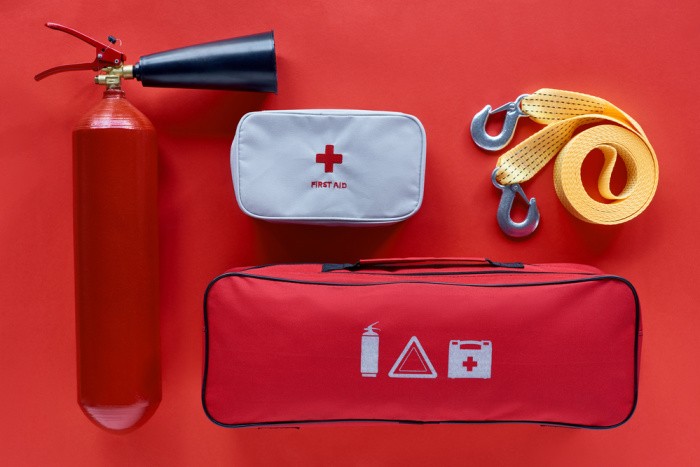

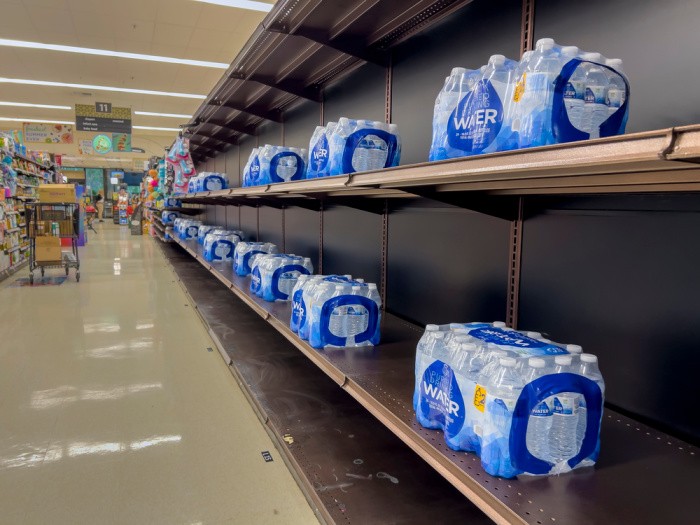

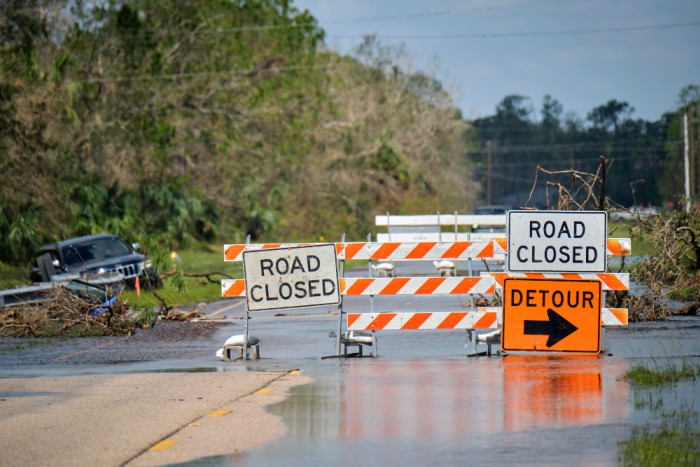

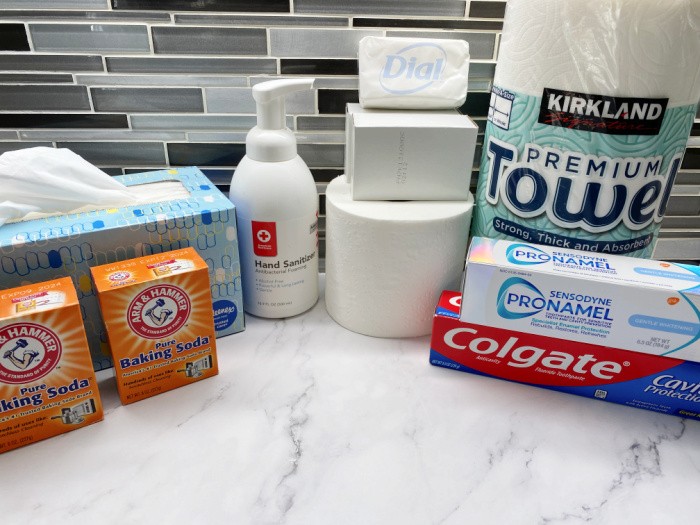
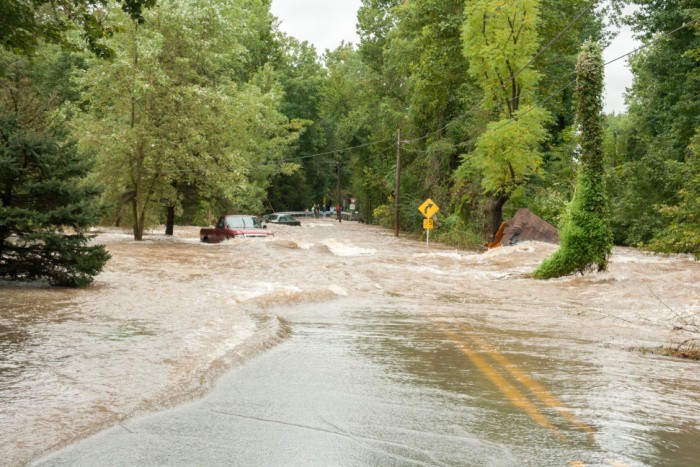


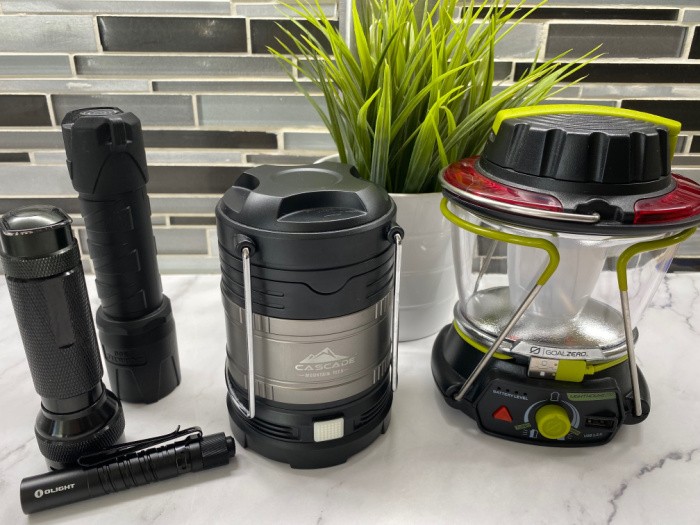
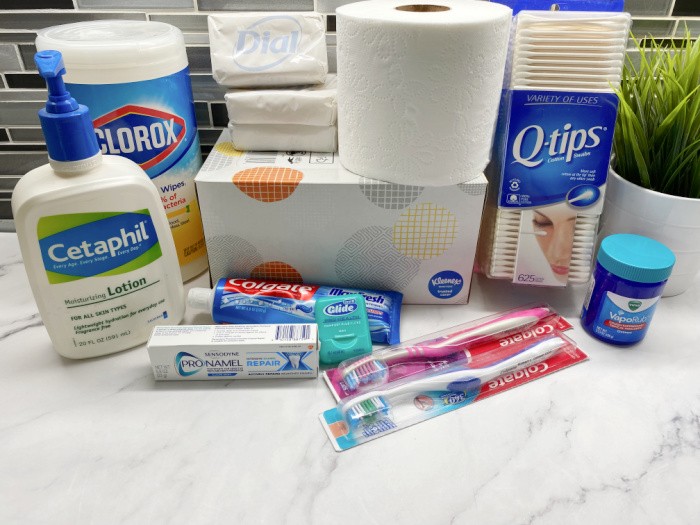
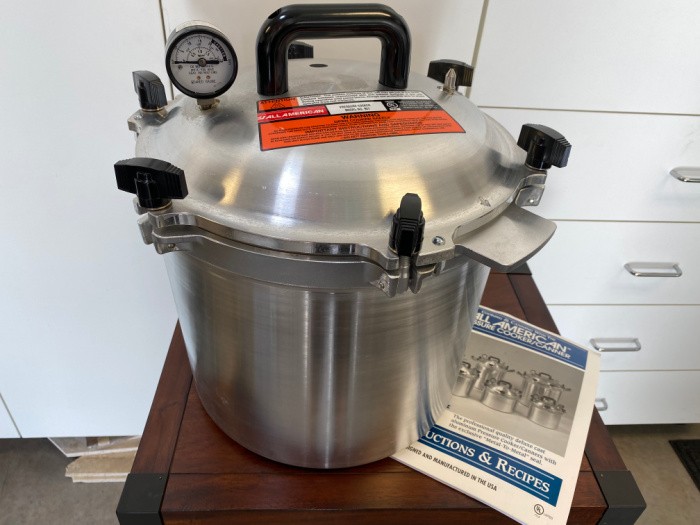




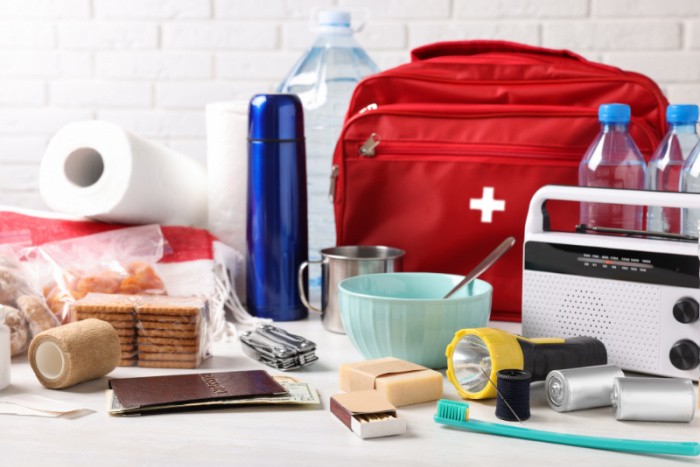
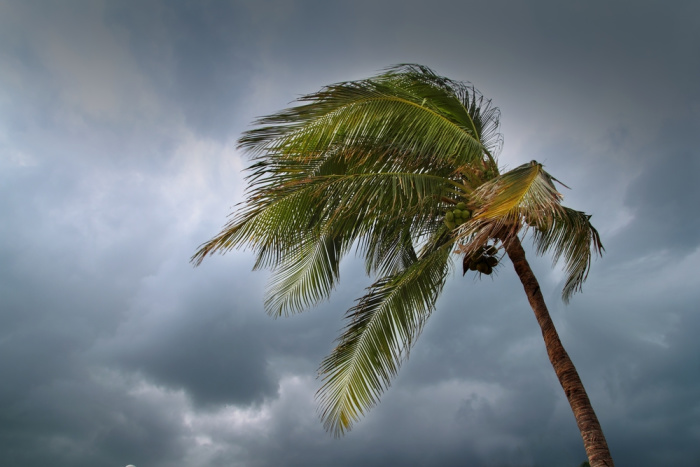
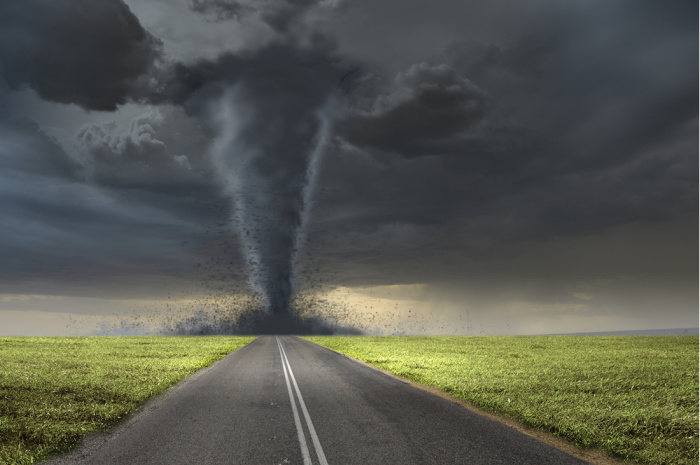

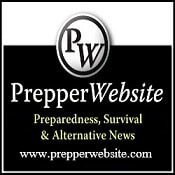
Great post as always, Linda.
The thing that caught my attention was your statement: “If you do need bug out and leave home, you’ll want to have important medical information available along with other important documents.”
A few years ago (well, when I retired 9 years ago), all of my doctors retired as well!! I knew that the paperwork to get started with new medical professionals was going to be a nightmare! I created a document to save myself some headaches! On this document, I listed my most recent doctors, noting that they were retired but had contact information for their offices. Then I listed all of my medications, dosage, and when I took them – including Rx, supplements, herbals, etc. – basically anything I ingested in pill/tincture/tea form for my health. The next section was a list of previous surgeries with the dates, doctors/medical facilities, and contact information. I also listed some injuries I had in the past and how they were treated – I only listed the ones that needed medical intervention. I wrote out my family history as I knew it: Father, mother, siblings – listing all known illnesses like cancer, chronic diseases like arthritis. Finally, I listed anything I knew about my grandparents and aunts and uncles if I thought it was pertinent (might be a little over-kill!!).
So now, when I go to a new medical professional or facility, I take that document with me so that I can “remember” everything they seem to want to know about! I have not had any places that refused this document. It gives me peace of mind that I have what I need. So, this is a document that could be created to take along with other important medical information in an emergency situation.
Hi Leanne, thank you for your kind words, my sweet, friend. You know if everyone would make the document(s) life would be so much easier for us and our kids who may become our caregivers. We all know when we go to the doctor, they will ask questions if we have a good doctor. If we bring the information you have we can easily tell them and nowadays they have Electronic portals that are great unless our insurance changes and like you said we have to find new doctors. Great comment as always, love it! Linda
Please do not trust this your new doctors with your originals. I made that mistake, and when I request their return, I was refused. They have over 25 years of my husband’s heart condition and surgeries. They even refused the direct request of the VA.
Hi Chris, oh my gosh, I had a similar situation at InstaCare (Nothing compared to your husbands heart condition) I had a UTI and they wanted to wait 4-5 days for the test results before giving me a prescription, I was livid to say the least. I said I’m not leaving until I have a prescription or I will go to the ER. I got the prescription. I need to write a poor review on that doctor. What’s with the doctors and giving scripts. We can walk into any other country and pick them up on the shelf no script required. I better get off my bandwagon. Life is still good! Linda
Regarding financial preparedness, among those electronic devices that may not work when the power goes out is a safe that uses an electronic keypad and doesn’t have a key as a backup. So, if you keep money or firearms in such a safe, beware.
Hi Ray, good one! Yes, my safe has key pad but also has a key. Great tip for all of us to think about. Linda